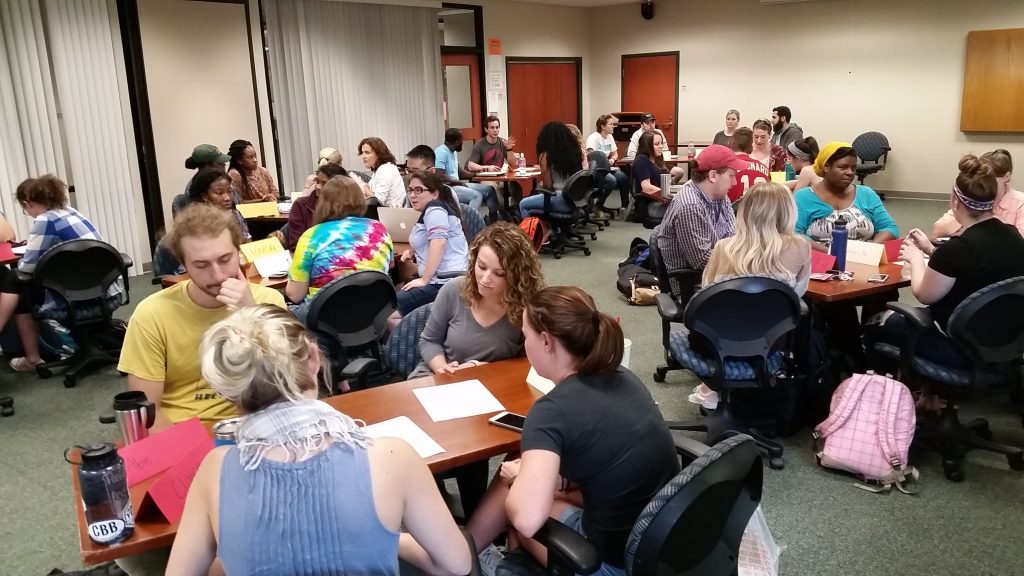
In the most recent exit interviews we conducted with graduating students, one of the clear messages we heard was the appreciation for our program’s interdisciplinary courses and holistic approach to medicine. These courses, along with the Biomedicine, Faith and Ethics course, help to provide students with a broader sense of health and healing.
Seminar I taught by Dr. Julia Halterman
This is the first in a series of two interdisciplinary seminars that are designed to provide students with a broad understanding of biomedicine. Students will discuss the history of medicine and how cultural diversity and values play into our ability to heal and be healed. This course will guide students in an understanding of the current US healthcare landscape, challenge students’ understanding of ethics in medicine, and stretch students to explore various integrative medicine techniques and their role in healing. This course will provide a forum for open inquiry, honest discussion, collegial debate, and personal reflection.
Julia Halterman says this course is different from the natural science courses students might be used to taking in that this is a graduate course involving a significant amount of reading, writing and group discussions. Halterman wants students to develop their reading and writing skills while in the Biomedicine program, and this is a course where we will begin to work on those skills together.
Seminar II taught by Dr. Carolyn Stauffer
This course challenges students to grow in capacity for leadership in the medical field. Strategies include: reflection on leadership history, aptitudes and style; creating an inventory of current leadership skills while identifying gaps for future growth. Special attention is also given to addressing population management risks as well as public health promotion opportunities. The course concludes with transformative medical leadership applications on the individual and collective levels.
Carolyn Stauffer says Seminar II provides a particular focus on interpersonal trauma because of its impacts on clinical care. For example, if a healthcare provider is highly traumatized this can interfere with their ability to be fully present in a clinical encounter. For the patient, carrying intractable trauma can lead to chronic hyper-arousal stress responses. In her work with HIV/AIDS palliative care, Stauffer recounts how high viral loads placed patients at risk for opportunistic infections. In like manner, Stauffer compares living with protracted trauma to carrying a heavy viral load: both can become health hazards if left unresolved.